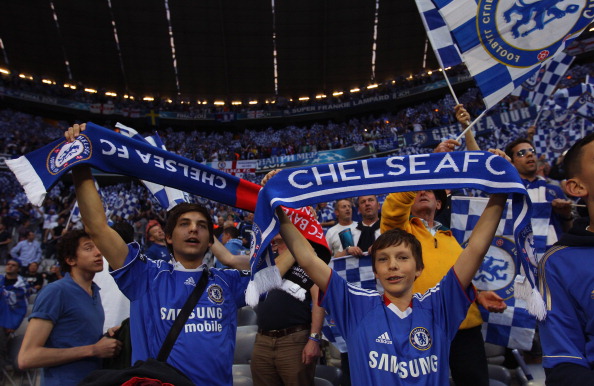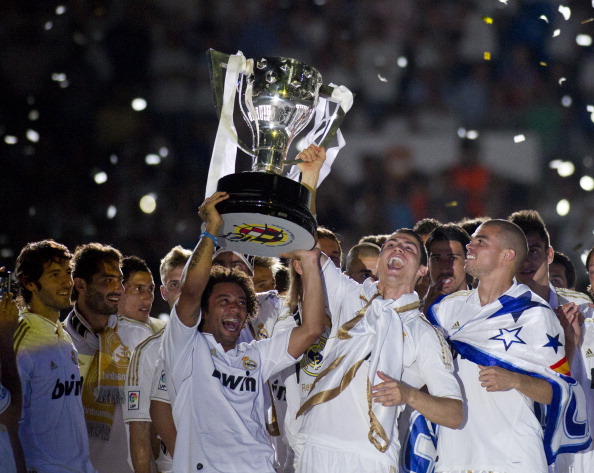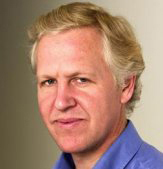The latest Premier League television deal may have given some BT and British Sky Broadcasting shareholders the jitters.
But the alarm-bells will have been ringing much, much louder in non-English citadels of European footballing excellence from Barcelona to Munich.
The new tide of money that the £3 billion ($4.7 billion/€3.7 billion) settlement will send flooding into English Premier League club coffers from the 2013-2014 season should do much to restore the competitive advantage of English clubs in the top European competitions.
Prior to the announcement on June 13, it looked likely that the period of relative dominance, which has seen English teams feature in seven of the last eight European Cup finals, was drawing to a close.
For one thing, the position of German football with its impressive modern, stadiums, big domestic market and eye-popping new TV deal was looking more and more compelling.
For another, the introduction of UEFA’s Financial Fair Play regulations is set to rule the sort of debt-financed model resorted to by some English clubs out of bounds.
Now, at a stroke, that assessment has been transformed.
Suddenly it looks like Chelsea’s unexpected triumph in this year’s European Cup final, far from being a last hurrah for English clubs, as some suspected, might herald the start of another yet more dominant era.

Certainly that German TV deal, covering four seasons from August 2013, no longer looks such a game-changer.
Sky Deutschland said it would pay on average €486 million (£391 million/$614 million) a year.
At £3.018 billion ($4.714 billion/€3.730 billion) over three seasons, the English deal implies a value of around £1 billion a season – and the proceeds of increasingly lucrative overseas broadcast rights are still to come.
The sheer size of the Premier League deal will also provide urgent food for thought for football decision-makers in Spain.
With three European Cups in the past seven seasons, Barcelona is the only club that has managed consistently to outmatch its Premier League rivals in recent times.
But this is partly because of the individual selling model that enables the pride of Catalonia and Real Madrid (pictured below winning La Liga), between them, to capture almost half of the broadcasting revenues generated by La Liga.

This helps the two Spanish giants to remain competitive year in, year out in the Champions League, but makes it well nigh impossible for other Spanish clubs to get close to them in La Liga.
Discussions regarding a collective broadcast revenue distribution model, potentially from 2015-16, are said to be ongoing.
But will Spain’s big two now be minded to dig in their heels, knowing that their main Champions League rivals have such riches on the way?
Or, alternatively, will Spanish negotiators be able to use the Premier League deal to drive up the value of their own rights and hence cushion the impact for those two giants of a switch to collective revenue distribution in their national league?
The timing of the new deal will be especially welcome for Premier League clubs, coinciding as it does with the brave new world of Financial Fair Play – a world in which, because clubs will be obliged to operate on something much more akin to a break-even basis, revenue is king.
Notwithstanding the very significant investment in new stadiums in England over the past couple of decades, English clubs still cannot compete with their top German counterparts for commercial revenue generation.
In such circumstances, it was very important that the Premier League should maintain its lead on broadcast revenues.
This has now been assured at least until 2016.
One potential gremlin lies in the works: bolstered by renewed financial firepower will the top English clubs fritter away their advantage by paying baroque transfer fees for established stars to the detriment of efforts to develop their own talent?
Clubs outside England will be keeping their fingers crossed that this is what happens: it may be their only hope of levelling the proverbial playing field and forestalling an English monopoly of the Champions League comparable to the 1976-1982 period.
David Owen worked for 20 years for the Financial Times in the United States, Canada, France and the UK. He ended his FT career as sports editor after the 2006 World Cup and is now freelancing, including covering the 2008 Beijing Olympics and 2010 World Cup. Owen’s Twitter feed can be accessed here.

